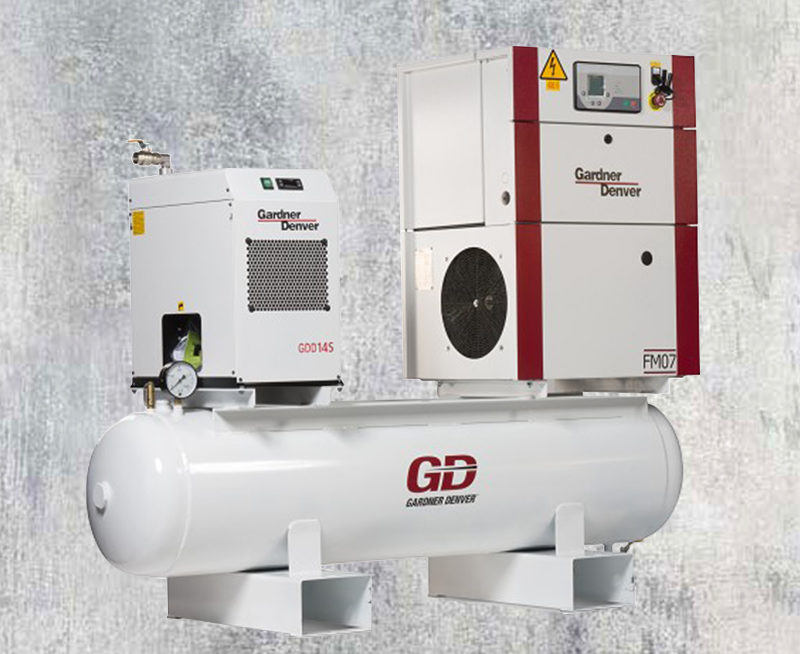You know you or the company you work for need to purchase an air compressor because you are aware of its benefits and what it can bring to your operation. But with all the options, types, and models around, you are not sure what to buy. Here is a rundown of the basic things to consider. But don’t do it alone. Allow us to help you through the process. Meanwhile, go through the list and then let’s talk.
What are the jobs or applications you intend to do?
- Rotary screw air compressors are generally used by large scale industrial operations and are also called construction compressors. It provides compressed air to jackhammers, sandblasting operations, industrial-scale paint systems, papermaking and printing, medicine and health, transportation. They are also commonly used road constructions.
- Reciprocating Air Compressors are used for spray painting jobs, workshops, operation of pneumatic tools like drills, service stations to clean automobiles, gas pipelines, air motors for coal mines, the food and beverage industry, oil refineries, refrigeration plants.
Horsepower Requirement
HP is the amount of work that the air compressor can perform. Newer models and efficient compressors can perform more with less HP. Rule of thumb – 1 HP should produce 3.5 CFM to 5 CFM.
- Rotary air compressors are used in applications above 30 HP
- Reciprocating compressors operate on low HP
Size
Cubic Feet per Minute (CFM) and Pounds per Square Inch (PSI)
Air power is measured by CFM (amount of air that is delivered) and PSI (amount of pressure behind the air). Together, they determine the amount of air delivered and at what pressure. You must know the CFM and PSI of your pneumatic tools and machinery. Higher CFM offers additional power.
- Rotary screw produces low PSI – averaging 90 to 125 PSI and higher CFM per HP
- Reciprocating air compressors are capable of high pressure – 250 PSI
Duty cycle
Duty cycle is the length of time a compressor can operate without stopping. If a compressor runs for 60 minutes in a 60-minute period without stopping, that is a 100% duty cycle. But if it runs 30 minutes in a 60-minute period, it is only a 50% duty cycle.
- Rotary screw operates at 100% cycle maximum and optimal at 70%.
- Reciprocating air compressors’ maximum operating cycle is 70%, optimal at 50% duty cycle.
Space
- Rotary screw requires less space because of compact built. Most machines come with a built-in air dryer or air dryer mounted on the receiver tank.
- Reciprocating air compressors require more space.
Cost
- Rotary screw’s upfront cost is high compared with reciprocating air compressors.
- Reciprocating air compressors generally cost 40 to 60% less than rotary screw compressors.
Service
- Rotary screw’s complex system requires a skilled crew with a high level of expertise.
- Reciprocating compressors need simple maintenance.
Noise level
dB or decibel rating is how the noise level of compressors are measured. A “silent” compressor will have a dB rating of 40 to 60. A compressor that produces more than 85 dB will cause hearing loss to a person who is exposed to it for more than 8 hours.
- Rotary screw compressors operate at a low noise level allowing placement of the machine near the point of use.
- Reciprocating air compressors can go as high as 100 dB requiring a separate room for noise containment.
So, which one is better? You have to consider all criteria mentioned to know the answer. But let us make things easier for you. Call us now for an in-depth discussion of your requirements. We will be here!



